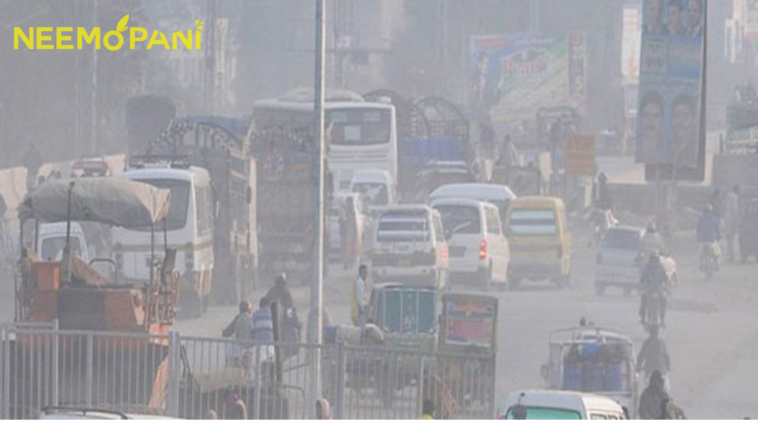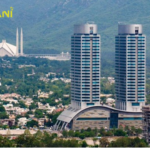Even though the court has ruled that having a clean environment is a fundamental right, Pakistan’s most populous cities consistently rank first on lists of the world’s most polluted cities each winter.
Past and present provincial governments have made repeated promises to implement measures to reduce smog and pollution, but even a quick glance at the Air Quality Index (AQI) measurements for Pakistan’s cities paints a different picture. For instance, according to the AQI measurements for Karachi, Lahore, Peshawar, and Islamabad, the air quality has been harmful or hazardous throughout the previous week. It is important to note that the combined population of the four cities is approximately 32 million people, who are essentially breathing hazardous air.
Many professional environmentalists have regarded Pakistan’s air quality to be hazardous to life.
Since the ecosystem is deteriorating as a result of our own actions, Professor Dr. Moazzam Ali Khan, Director of the Environmental Studies Center at the University of Karachi, thinks there shouldn’t be anything to complain about. ““Population boom, upsurge in cars, and lack of green spaces have made our cities unlivable. There is also a lack of awareness amongst the people about the importance of a clean environment,”
Environmentalist Asifa Minhas, who hails from Lahore, was of the view that lack of public transport and toxic smoke emitting factories were the leading causes for the country’s densely populated cities to be so polluted. “Furthermore, in Punjab, crop burning is also a major threat to the air quality.” With multiple threats, it is no surprise that the air quality in Lahore has resulted in an influx of patients at hospitals. “The smog and air pollution have caused an increase in patients with a cough, sore throat, chest infections, and eye infections. Sensitive groups like children and the elderly are the worst affectees,”

The lungs are severely harmed by the toxic air, which can also shorten lifespan by causing conditions like lung cancer. Despite what the government maintains, even the tsunami that destroyed a billion trees did little to enhance the air we breathe. To reduce the poisonous air, we need at least four trees per person.
When Covid-19 was at its worst, there was very little human activity and vehicle traffic, which led to the city’s finest air quality in a long time.

While it may be impossible to bring the country to a coronavirus-esque halt again, Naeem Ahmed Mughal, Director General of Sindh’s Environmental Protection Agency, was of the view that all stakeholders need to play a part in improving the air quality. “We need to make sure our cities expand according to their master plans, we need to plant more trees, we need to improve public transport options, and we need to heavily punish the polluters,”





